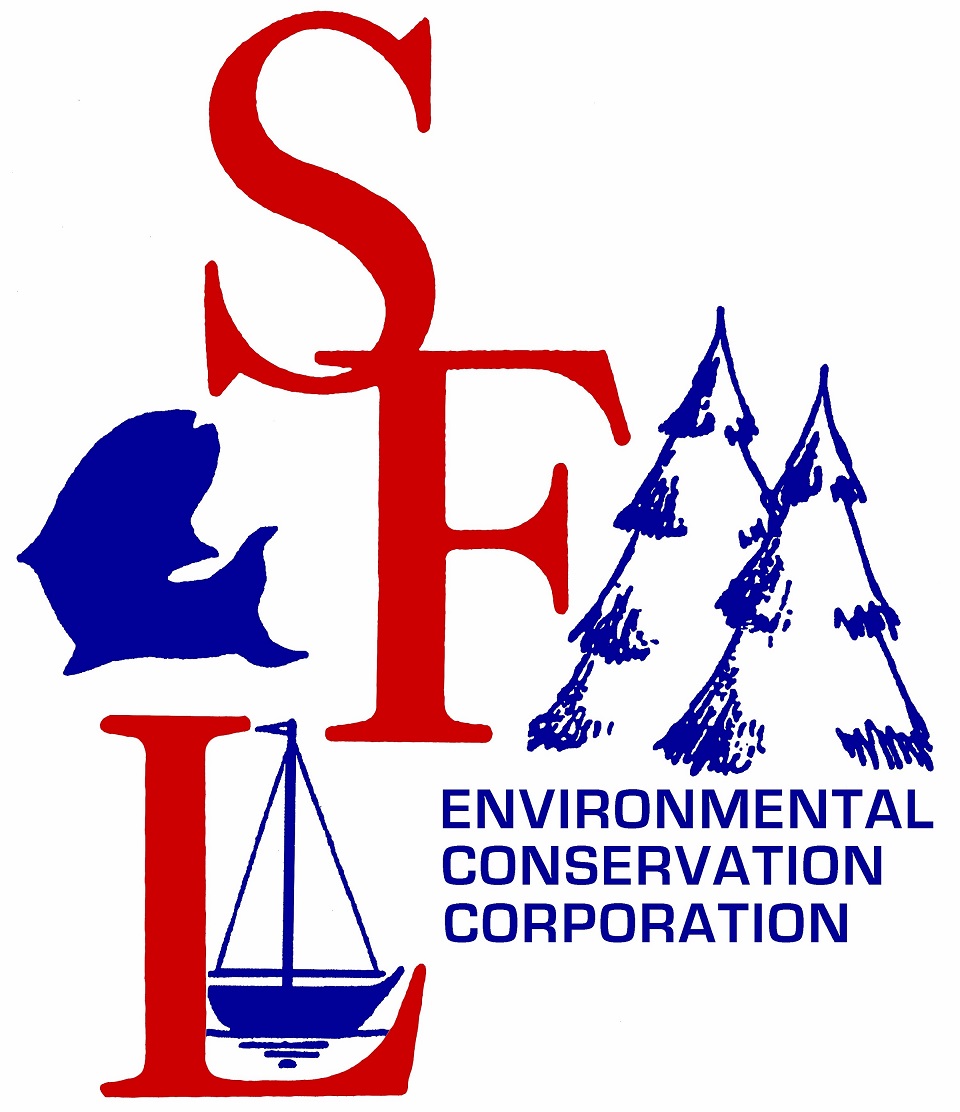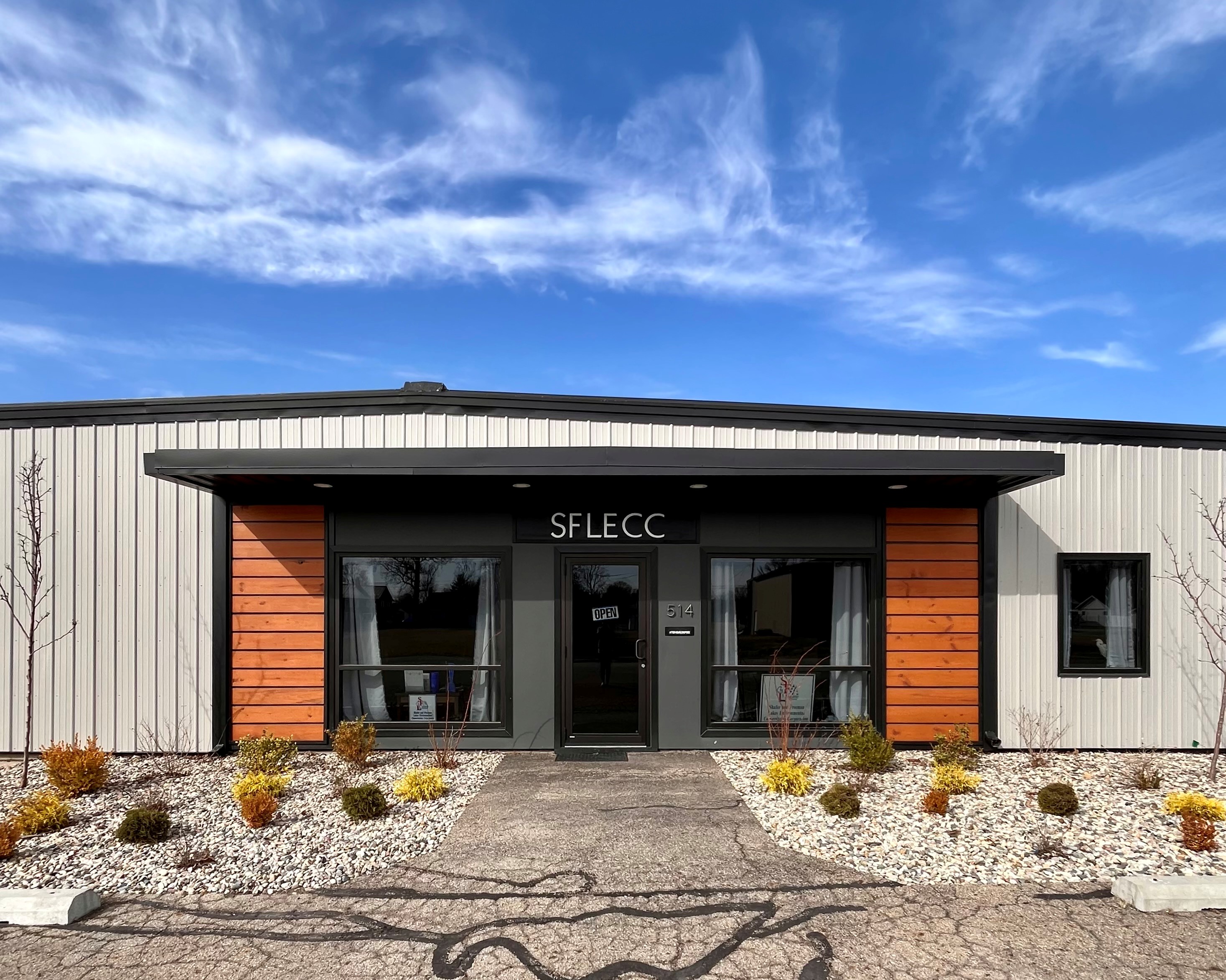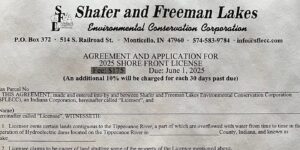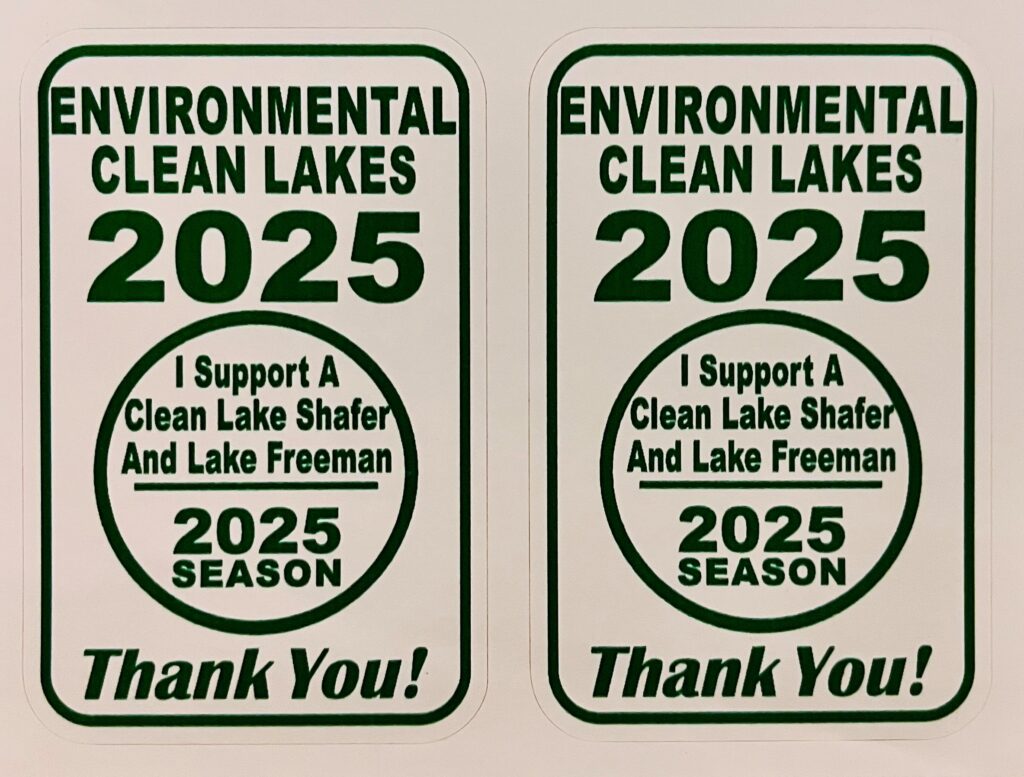After nearly a decade of an overestimated minimum flow that, at times, drained Lake Freeman during the summer months, the lakes community will now see relief in the form of a reduced minimum flow.
“The SFLECC is happy to have finally reached a compromise that will help the lakefront homeowners, area businesses, and the community,” said SFLECC President, Carrie Woodruff.
On March 30, 2023, FERC approved a NIPSCO requested license amendment. This amendment incorporates the compromise that the SFLECC, USFW and NIPSCO had discussed, studied, and agreed to implement. This compromise consists of reducing USFW’s mandated minimum flow from Oakdale Dam of 500 cubic feet per second(cfs) to a minimum flow of 315 cfs.
“This revised amendment will greatly reduce the number of Abnormal Low Flow events and in turn lower the likelihood of drastic loss of lake levels on Lake Freeman,” said Gabrielle Haygood, SFLECC Executive Director, commenting on the License Amendment.
In 2014, the US Fish & Wildlife Service (USFW) issued a Technical Assistance Letter requiring NIPSCO to deviate from their license with the Federal Energy Regulatory Commission (FERC). This directive from USFW required NIPSCO, during drought conditions, to release a minimum amount of water into the Tippecanoe River to protect endangered species of mussels located in the river below Oakdale Dam.
Over the years following this directive, Lake Freeman could see drops in the lake level from 2 feet to 16 feet depending on the severity of the drought at that point in time. Also, during those years, the Shafer Freeman Lakes Environmental Conservation Corporation (SFLECC) fought this directive and tried to preserve the way the lakes had been operated for over 80 years. The SFLECC had help from city and county government, state and US legislators, local businesses, agencies, and property owners.
In 2019, the SFLECC’s Washington DC attorney filed Petition for Review with the Court of Appeals for the DC Circuit challenging FERC’s decision to permanently change NIPSCO’s License. In 2021, the panel of judges on the DC Court of Appeals essentially told the Federal Energy Regulatory Commission (FERC) and USFW to determine if the USFW’s mandate is only a “minor change” to the operation of the dam. In May 2022, USFW acknowledged that the 2020 drought that caused Lake Freeman to be drained for an extended period of time was not a “minor change”. This lead USFW to start the discussion that brought this compromise.
“I want to thank the SFLECC Lake Levels Task Force for all the work they put in on this concern over the years,” said John Koppelmann, SFLECC Lake Level Task Force Chair. “Additionally, the support we received from the community helped to make our efforts possible.”
For additional information on the Amendment or the years-long process up to this point, please contact the SFLECC office at (574) 583-9784 or info@sflecc.com.



